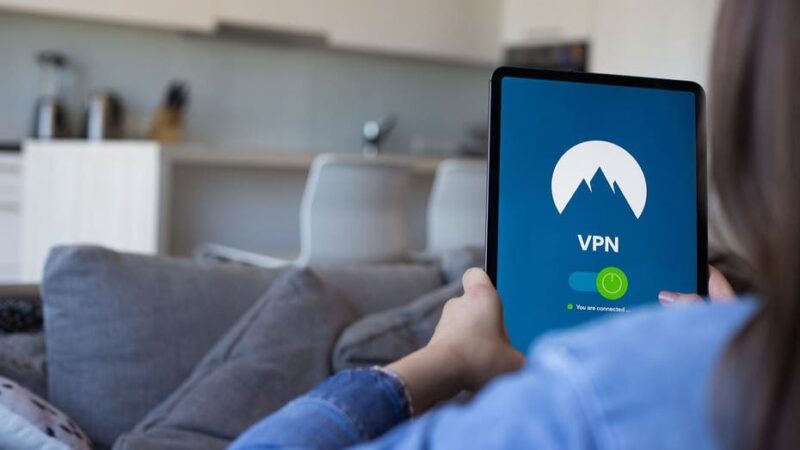How VPNs Protect Your Identity and Secure Financial Transactions from Theft

In the vast expanse of the internet, navigating through potential threats can often feel like traversing a digital minefield. With cybercriminals lurking at every turn, ensuring the security of your identity and finances can be an overwhelming task. However, there’s a powerful ally in your corner: a Virtual Private Network (VPN).
## The Role of a VPN in Online Security
A VPN is not just a technical term; it represents a crucial service designed to safeguard your online presence. By encrypting your internet connection and masking your IP address, a VPN makes you nearly invisible to potential threats. This article explores how a VPN can protect your online activities and secure your financial transactions.
## Understanding VPNs: Your Digital Shield
At its core, a VPN (Virtual Private Network) functions by routing your internet traffic through a secure server. This process not only masks your real IP address but also encrypts all data transmitted between your device and the internet. As a result, your online actions become private, safe from the prying eyes of hackers and malicious entities.
### How Does a VPN Work?
1. **IP Address Masking**: When you connect to a VPN, it assigns you a new IP address from its server network. This effectively prevents websites and cybercriminals from tracking your location and identifying you based on your original IP address.
2. **Data Encryption**: All data sent and received is encrypted, making it unreadable to anyone attempting to intercept it. This encryption is particularly vital for protecting sensitive information, such as credit card details, during online transactions.
## Protecting Against Identity Theft
Identity theft is a serious crime that occurs when someone illegally acquires your personal information to commit fraud. This can lead to unauthorized transactions and significant damage to your credit score. A VPN can act as a formidable barrier against such threats:
– **Data Encryption**: By securely encrypting your internet connection, a VPN protects against data breaches and unauthorized access, especially on unsecured networks like public Wi-Fi.
– **Reduced Tracking**: VPNs prevent third parties from monitoring your online activities, significantly minimizing the risk of your personal data being exploited.
## Securing Your Financial Transactions
Online transactions are particularly vulnerable to interception by cybercriminals aiming to steal sensitive financial information. Here’s how a VPN serves as a protective shield:
– **Encryption of Financial Data**: During online transactions, a VPN encrypts all exchanged data, making it nearly impossible for hackers to access your financial credentials. This is especially crucial when using public Wi-Fi networks known for their security vulnerabilities.
## Best Practices for Enhanced Security with a VPN
To maximize your online security while using a VPN, consider the following tips:
1. **Choose a Reliable VPN Provider**: Select reputable VPN services known for strong encryption standards and strict no-log policies to ensure your privacy and security.
2. **Use Strong Passwords**: Pair your VPN usage with robust, unique passwords for each account. A password manager can help generate and store complex passwords effectively.
3. **Enable Two-Factor Authentication (2FA)**: Whenever possible, activate 2FA to add an extra layer of protection against unauthorized access.
4. **Regularly Update Software**: Keep your devices and applications updated to protect against vulnerabilities that cybercriminals could exploit.
5. **Monitor Financial Accounts**: Regularly review bank statements and credit reports for any suspicious activity to catch potential fraud early.
## Conclusion: Embrace VPNs for Online Safety
In a digital landscape fraught with risks, VPNs play an essential role in protecting your identity and securing financial transactions. By combining IP address masking with data encryption, they provide a robust defense against identity theft and credit card fraud. Implementing the above practices will further enhance your online security, giving you peace of mind as you navigate the internet.


